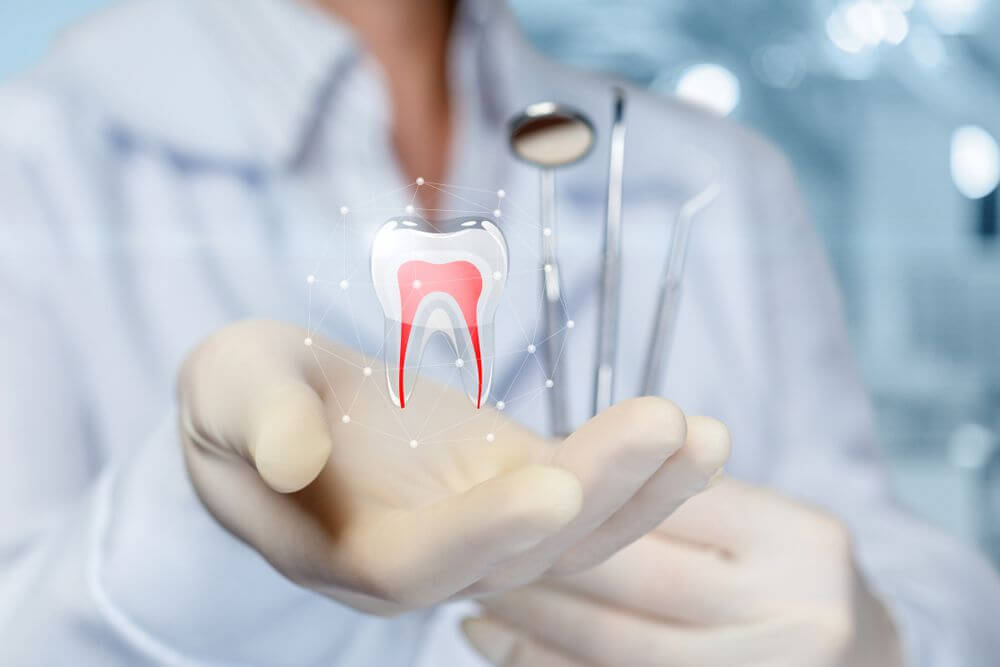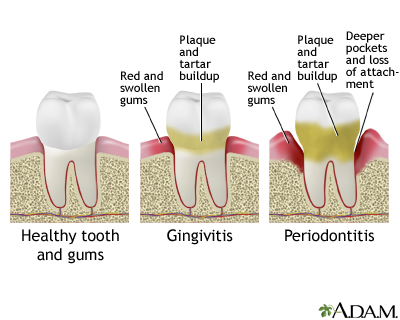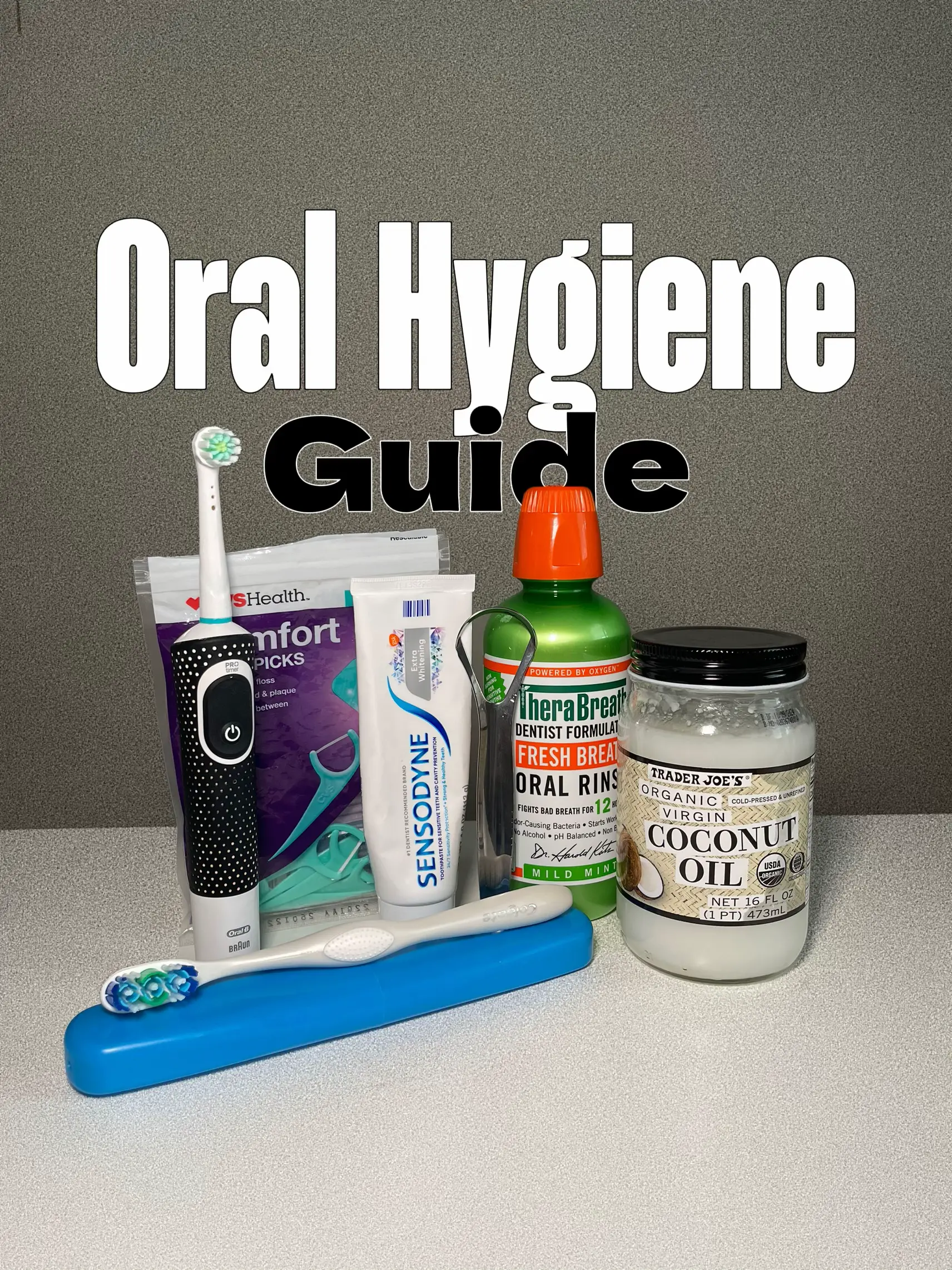
Essentials for a Radiant Smile: Healthy Tooth Practices
A radiant smile is not only aesthetically pleasing but also an indicator of good oral health. Healthy tooth practices are essential for maintaining strong teeth, preventing dental issues, and promoting overall well-being. Let’s explore the key elements that contribute to a radiant smile and the practices that ensure the health of your teeth.
**1. Daily Oral Care Routine: The Foundation of Healthy Teeth
The cornerstone of healthy tooth practices is a daily oral care routine. Brushing your teeth at least twice a day, preferably in the morning and before bedtime, helps remove plaque, bacteria, and food particles. Use a fluoride toothpaste and a soft-bristled toothbrush, paying attention to each tooth’s surface and the gumline.
**2. Proper Brushing Technique: Thorough and Gentle Care
While daily brushing is crucial, the technique matters. Use gentle, circular motions to clean each tooth’s surface and massage your gums. Avoid aggressive brushing, as it can damage enamel and irritate gums. A proper brushing technique ensures thorough cleaning without causing harm to your teeth and gums.
**3. Flossing for Comprehensive Cleaning: Reaching Between Teeth
Toothbrushes can’t reach between teeth and along the gumline as effectively as flossing can. Incorporate daily flossing into your routine to remove plaque and debris from these hard-to-reach areas. Proper flossing helps prevent cavities, gum disease, and contributes to the overall cleanliness of your teeth.
**4. Balanced Diet for Oral Health: Nourishing Your Smile
A balanced diet not only supports overall health but also contributes to healthy teeth. Consume a variety of foods, including fruits, vegetables, lean proteins, and dairy products. Limit sugary snacks and beverages, as they can lead to tooth decay. Nutrient-rich foods nourish your teeth and contribute to a radiant smile.
**5. Regular Dental Check-ups: Professional Monitoring
Regular dental check-ups are crucial for maintaining healthy teeth. Schedule biannual visits to your dentist for professional cleanings and examinations. Dentists can detect potential issues early, provide preventive care, and offer personalized advice on improving your oral care practices at home.
**6. Avoiding Harmful Habits: Preserving Tooth Integrity
Certain habits can harm your teeth and compromise their health. Avoid smoking and limit alcohol consumption. Both smoking and excessive alcohol intake contribute to stained teeth, gum disease, and other oral health issues. Preserving tooth integrity involves making conscious choices that promote overall well-being.
**7. Fluoride: Strengthening Tooth Enamel
Fluoride is a mineral that plays a crucial role in strengthening tooth enamel and preventing tooth decay. Ensure that your toothpaste contains fluoride, and consider fluoride treatments if recommended by your dentist. Fluoride helps protect your teeth and enhances their resilience against acids and bacteria.
**8. Hydration for Oral Health: Water as the Best Choice
Staying hydrated is essential for oral health. Water helps rinse away food particles, bacteria, and acids that can contribute to tooth decay. Choose water over sugary or acidic beverages to support optimal oral health. Hydration is a simple yet effective practice for maintaining a healthy smile.
**9. Limiting Acidic Foods: Protecting Tooth Enamel
Acidic foods and beverages, such as citrus fruits and sodas, can erode tooth enamel over time. While these items can be enjoyed in moderation, it’s essential to limit their consumption and rinse your mouth with water afterward. Protecting tooth enamel is vital for maintaining strong and healthy teeth.
**10. Teeth Whitening Safely: Enhancing Your Radiant Smile
If you’re considering teeth whitening for a brighter smile, do so safely. Consult with your dentist before using over-the-counter whitening products, and consider professional teeth whitening options. Safely enhancing your radiant smile involves making informed choices that prioritize the health of your teeth.
For additional insights and resources on healthy tooth practices, consider exploring the information available at Healthy Tooth. This platform provides valuable guidance for individuals seeking to understand and implement practices that contribute to strong, healthy teeth and a radiant smile. Incorporate these essentials into your daily routine, and enjoy the benefits of optimal oral health and a confident, glowing smile.




